Wildfires Are Blazing in Siberia and Humans Can Help Stop the Spread
Updated May 14 2020, 3:46 p.m. ET
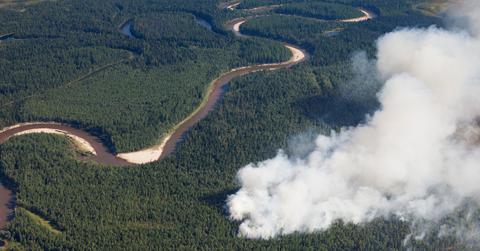
Wildfires in Siberia and the Russian Far East have become as much as ten times worse compared to this time last year, according to Ecowatch. Experts say this is due to the current climate crisis and the coronavirus pandemic, which have contributed to the destruction of these fires.
The situation has become detrimental but also critical to help diminish. As of April 27, ten times the amount of land was on fire in the Krasnoyarsk region in Russia. This is being compared to the same time last year, as reported by The Siberian Times. In Transbaikal, a southern region of Russia, there is three times as much land burning. It has also been reported that in the Amur region, there were 1.5 times as many fires burning compared to last year.
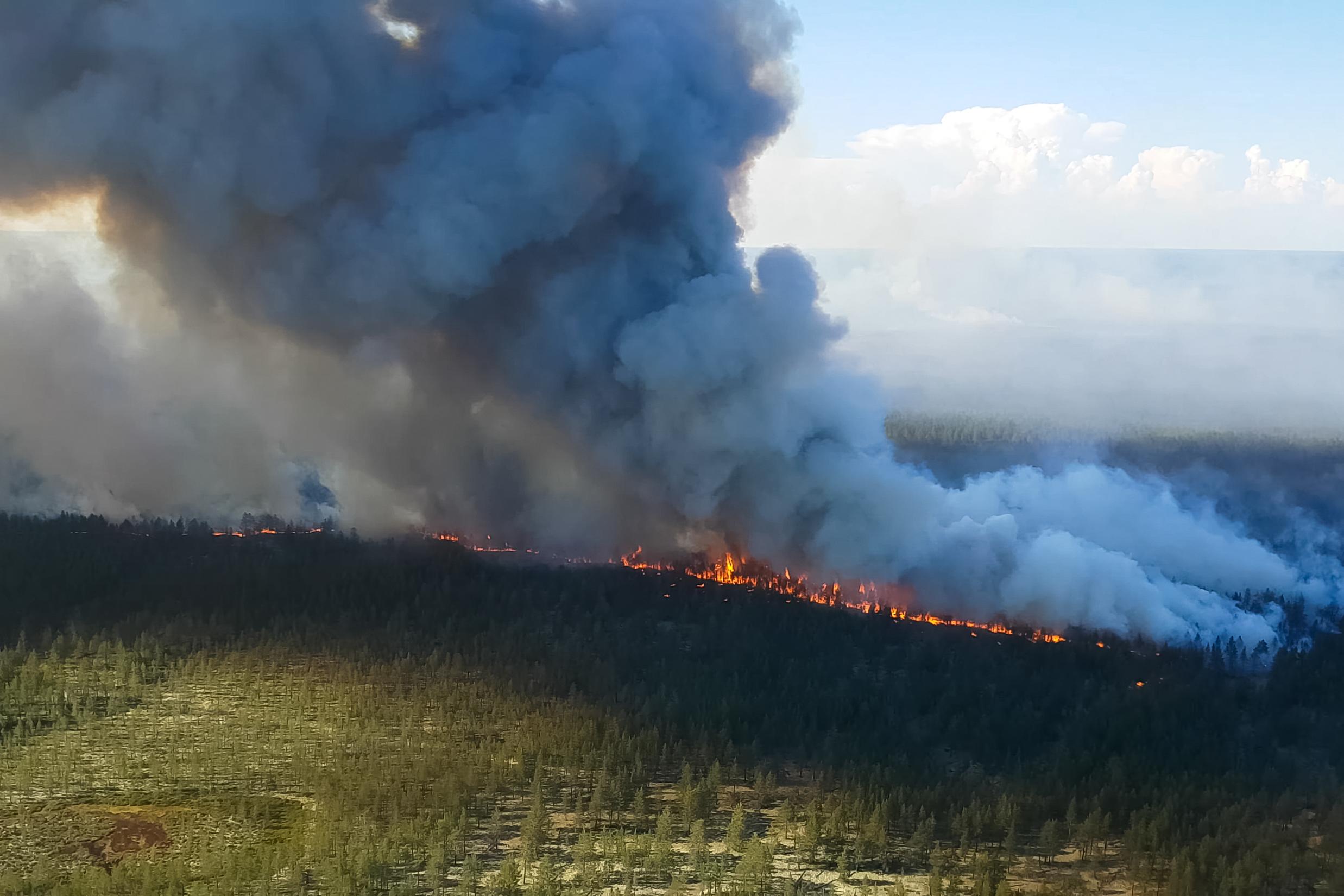
Wildfires in Siberia in summer 2019 were so bad that the government was forced to declare a state of emergency. The fires came as June 2019 temperatures in Siberia were almost 10 degrees Celsius warmer than average. It seems like 2020 is going to top these devastating records.
Experts say that these fires are dire.
Emergencies Minister Evgeny Zinichev said in a video conference with Russian President Vladimir Putin, "A critical situation with fires has developed in Siberia and the Far East.”
These fires could spread and cause even more detrimental damage to the lands of Russia and Siberia. London School of Economics geographer Thomas Smith told Earther that around 5 million acres of Russian forest and grassland were on fire, and the largest fire was 1 million acres total, around the size of Glacier National Park.
NASA reported that the fires spread from high winds.
NASA reported on its website, “On April 23, 2020, strong winds helped to push fires set by locals to dry grass out of control. The regions of Kemerovo and Novosibirsk among others have been the hardest hit to date. Nine Siberian regions have been affected by these wildfires. Clouds of smoke have swept across the Siberian landscape.”
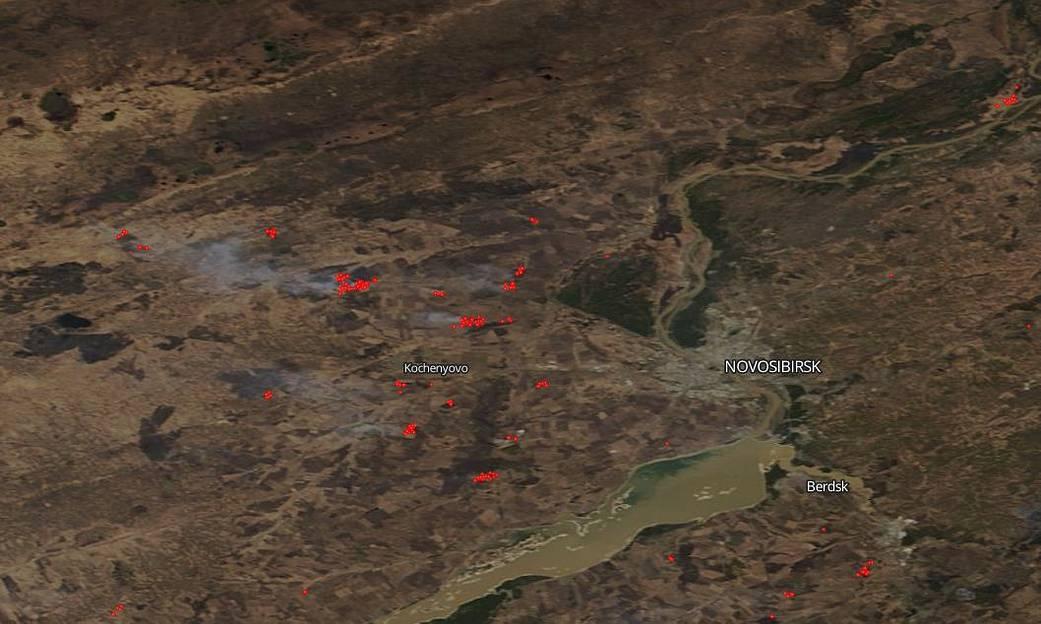
People’s homes have also been collateral damage from these fires. In Novosibirsk, a city in Siberia, around 50 homes were burned. In Kemerovo, a city in southwest Siberia, Russia, 27 homes were burned, according to The Siberian Times.
Human activity sparked these fires.
Farmers have been during their dry grass even though the practice was banned in 2015. Along with farmers not following the law. According to authorities, the fires also originated from arson and untended campfires. It seems that, this year, with the coronavirus lockdown happening globally, the situation has gotten much worse.
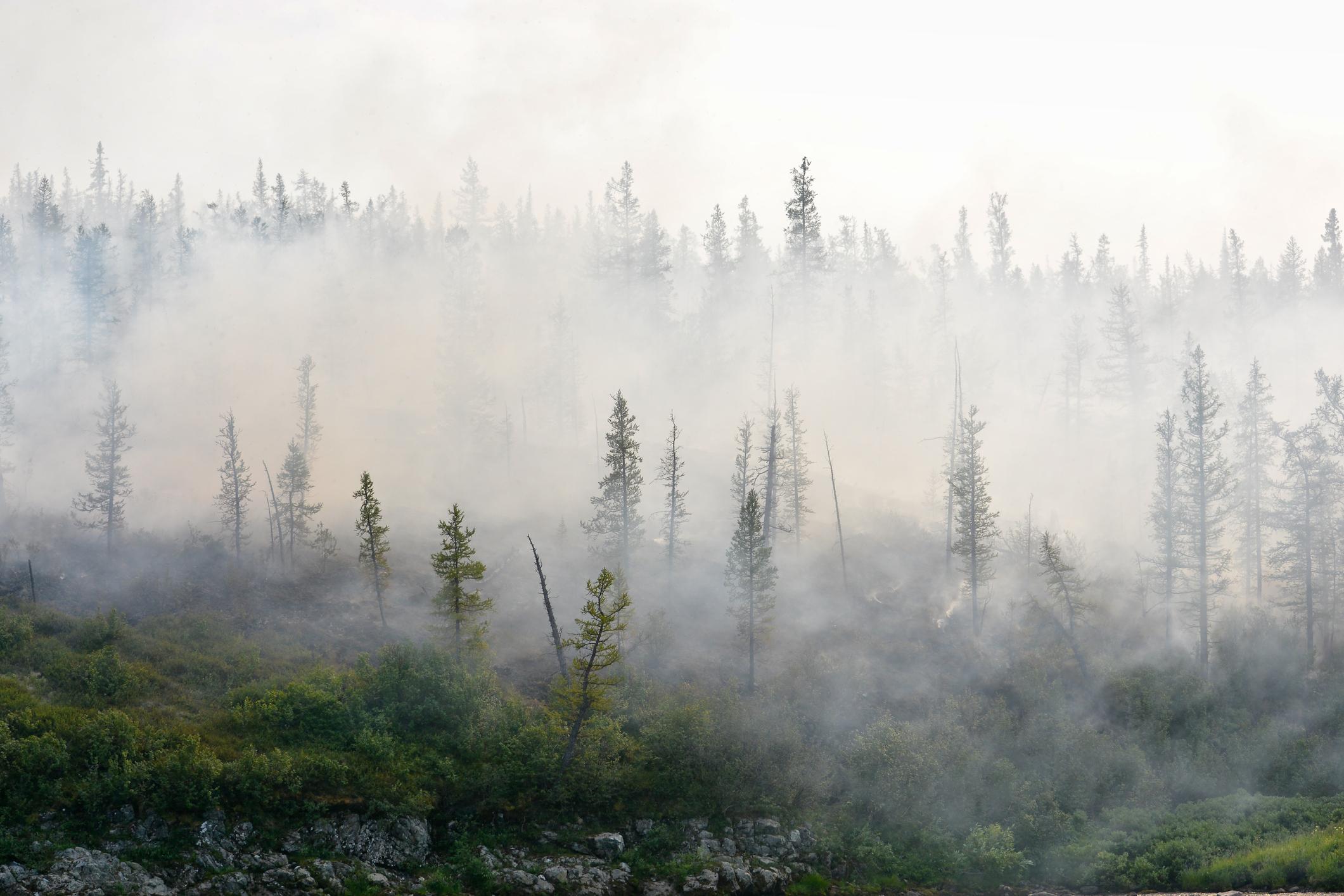
"People self-isolated outdoors and forgot about fire safety rules," Russian forestry chief Sergei Anoprienko told The Siberian Times. "In some regions, the temperature is already around 30C, and people just can't keep themselves in their apartments. People rushed outdoors, and as a result, we have a surge of thermal points."
Emergencies Minister Evgeny Zinichev called for tougher punishments for those starting fires which got out of control and caused “significant damage or even death.” Much like the spread of the new coronavirus, it’s up to humans to help stop the spread of these fires.
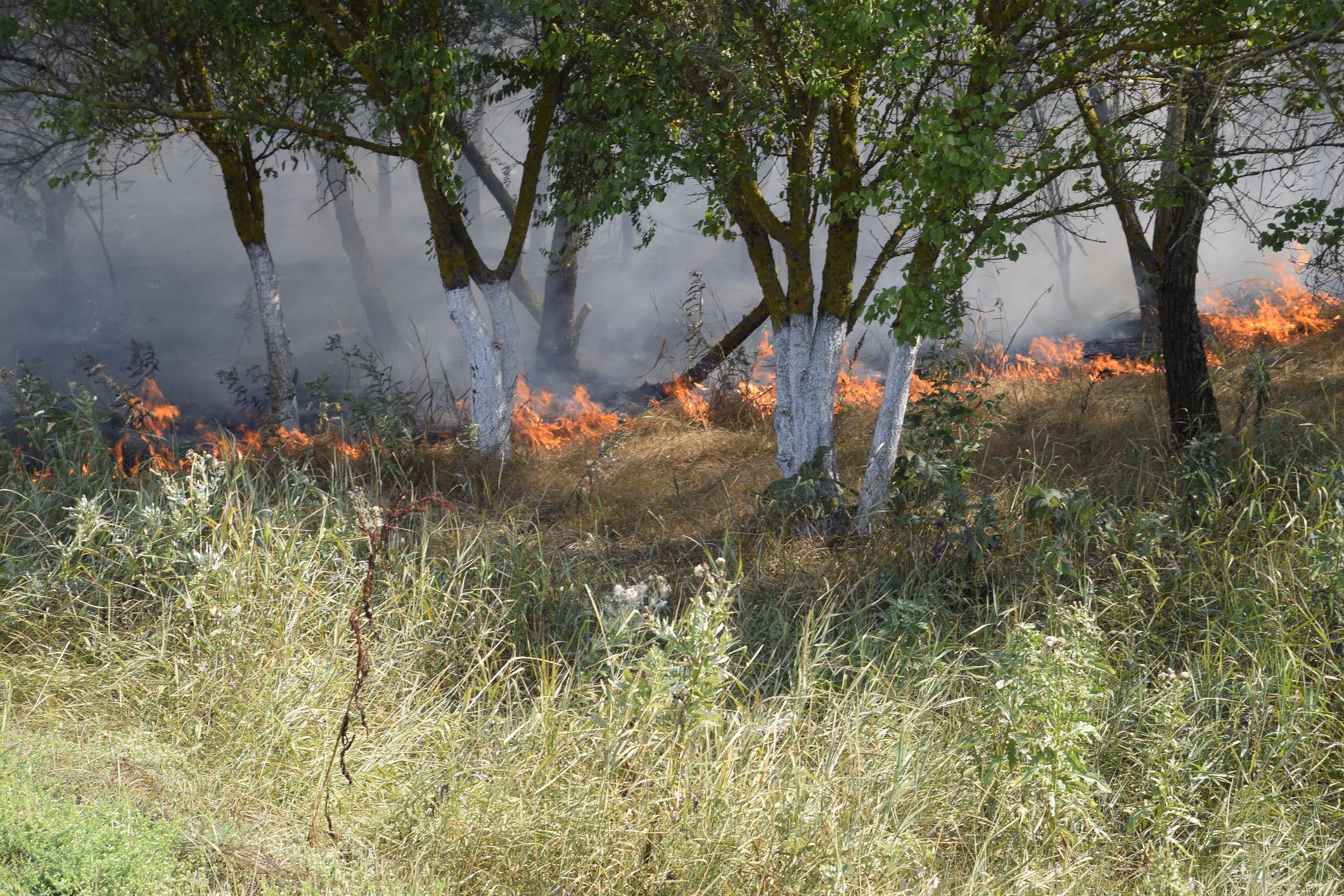
When asked about when these fires will be put out, Sergei Anoprienko, head of the federal forest agency Rosleskhoz, said, “We can keep talking about the forecast for a very long time, but the actual fire situation will literally depend on us and you — on how we will behave.”
The best way to prevent contracting or spreading coronavirus is with thorough hand washing and social distancing. If you feel you may be experiencing symptoms of coronavirus, which include persistent cough (usually dry), fever, shortness of breath, and fatigue, please call your doctor before going to get tested. For comprehensive resources and updates, visit the CDC website. If you are experiencing anxiety about the virus, seek out mental health support from your provider or visit NAMI.org.